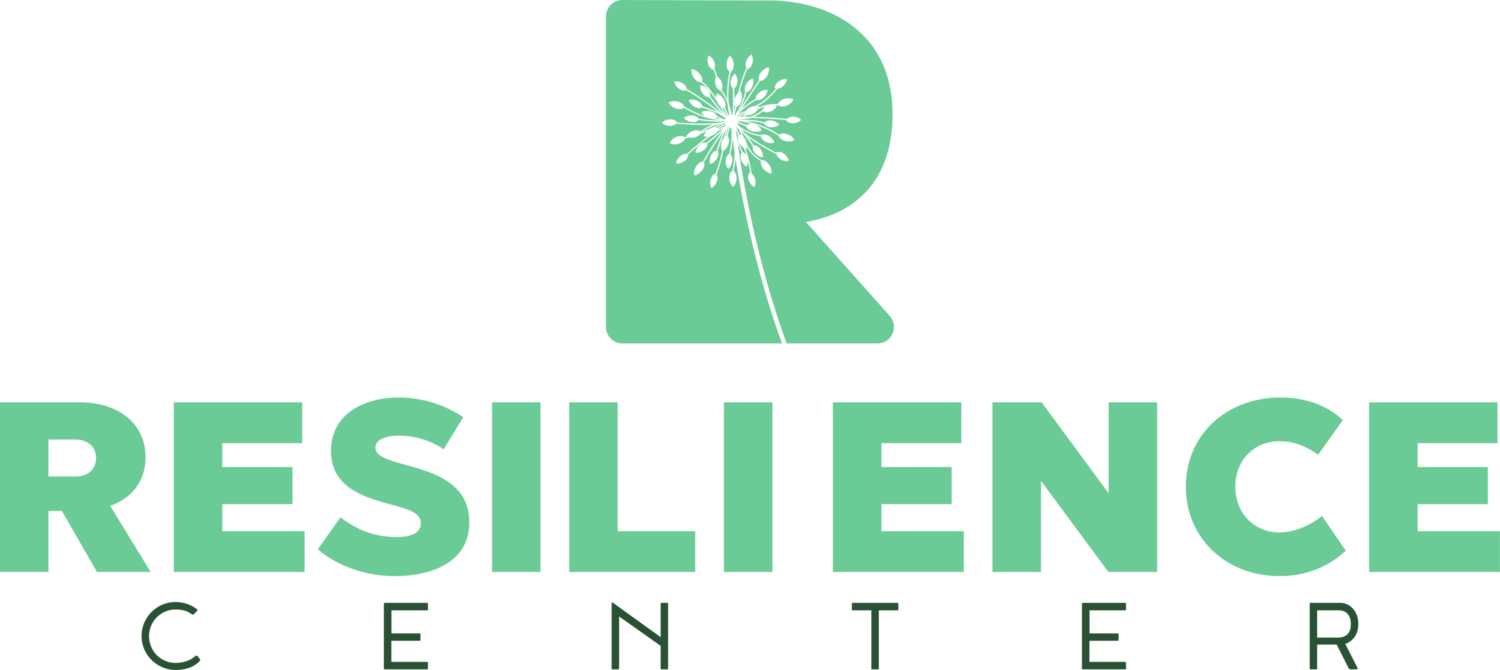"My eating disorder gives me a sense of control."
"I feel totally out of control around food."
Today I want to address some of the most common things I hear in eating disorder recovery: that the eating disorder has taken your control and used it against you, by giving you a sense of control or a sense that you have none. I also hear how powerless many of you feel to battle the eating disorder, and often power and control are muddled and confused as synonyms.
Let’s clarify. Power is your ability to act. Control is your ability to create or dictate outcomes. Control is a tool of power, but having power is not dependent on having control. You can’t use control, the same tool of the eating disorder, to gain power over it. You have to regain a sense of your inherent power.
You were not powerless at birth. While it’s true you were dependent on others for survival, for comfort, and for love, you used what power you did have to get your needs met. You cried. You demanded attention. You definitely influenced the people caring for you. This was your power.
Whether you call it a need, drive, instinct, or even a value, we are wired to seek power, to be powerful. In our developing years, our power, our ability to act and to influence others, serves our survival. As you began to walk and talk, you exercised or practiced your power through tantrums, saying “no,” and through crying. Again, you did this to get your needs met, to get comfort and loving attention. This personal power becomes the basis of your autonomy. In fact, as adults, having more autonomy seems to satisfy this need for power. Studies have shown we actually seek less influence over others when we have more autonomy. I think this is because power needs an object, and in healthy power, the object is you.
Unfortunately, personal power can be abused and distorted in a myriad of ways. Maybe the grownups who were supposed to take care of you didn’t do such a great job. Maybe they ignored your needs, made fun of your needs, or met your basic needs but without any love or comfort. So many of you have grown up feeling powerless because those around you could not or would not meet your needs for love and belonging. So, you started to seek power through control: control over others, control over emotions, control over food and/or body, control over your home, your routine, you name it! Again, this is because power needs an object, and in unhealthy power, the object is control.
Let’s look at a few domains of power and their interplay with disordered eating (this by no means is a complete list):
Ownership
When you own something, you can do with it what you like. Some of you may not have ever felt like you own your body, like it truly belongs to you. Control over eating or body size can become a substitute for your true power to attend to and respond kindly to your body.
Attention
Power needs an object, but it also needs an audience. Sometimes these are one and the same. Sadly, all attention is not created equal. Punitive attention, violent attention, or no attention at all are forms of invalidation and can drain your personal power, giving you the message that your needs are foolish, an intrusion, wrong, or unimportant. Think of attention from its root, to attend. This means to be present, to be helpful, to look after, to manage (you get the drift). Maybe you didn’t have the best examples of healthy attention while growing up, and the eating disorder was there, was trying to help, and took on the management of your emotions (albeit in a way that has cost you your physical and emotional health).
Position
Most people see a position of authority as a position of power. These power positions include the ability to make a request knowing it will be respected and followed. Some power is clearly bestowed – like a job title of CEO in the work place – and some power positioning is more implicit or dictated by culture – like family and gender roles. When you encounter this form of power, you usually respond with deference or dominance. Yielding control, or attempting to yank it back. You may have given the eating disorder a position of authority on all things food and body, and you go back and forth between listening and following its orders and fighting for control. My answer is to unseat that eating disorder voice from the position of authority and give the power back to you.
Gatekeeping
Another form of power is controlling access to something. Bouncers, receptionists, specialists, and librarians are all examples of roles involving control of access to something: the club, the manager, the knowledge. In healthy personal power, you are the gatekeeper to your body, your time, your energy, and your other resources. When this is abused, you instead become the gatekeeper of your secrets and of your vulnerability.
What is necessary for recovery is empowerment.
What you need isn’t more self-control, but more autonomy. More personal power. More freedom to discover your own values, to set your own boundaries, to make your own meaning, to respond to your body with kindness. Where you feel out of control, you need MORE autonomy, not less.
I hope you are taking steps to increase your power.
For the record, getting help in your recovery is a major step in increasing your power.




